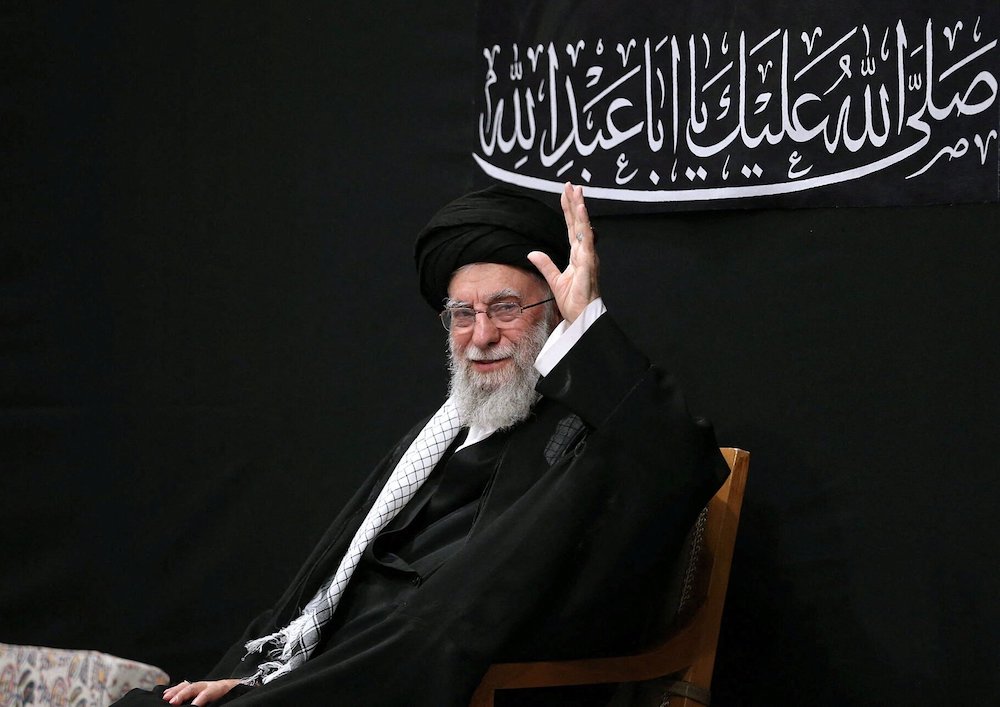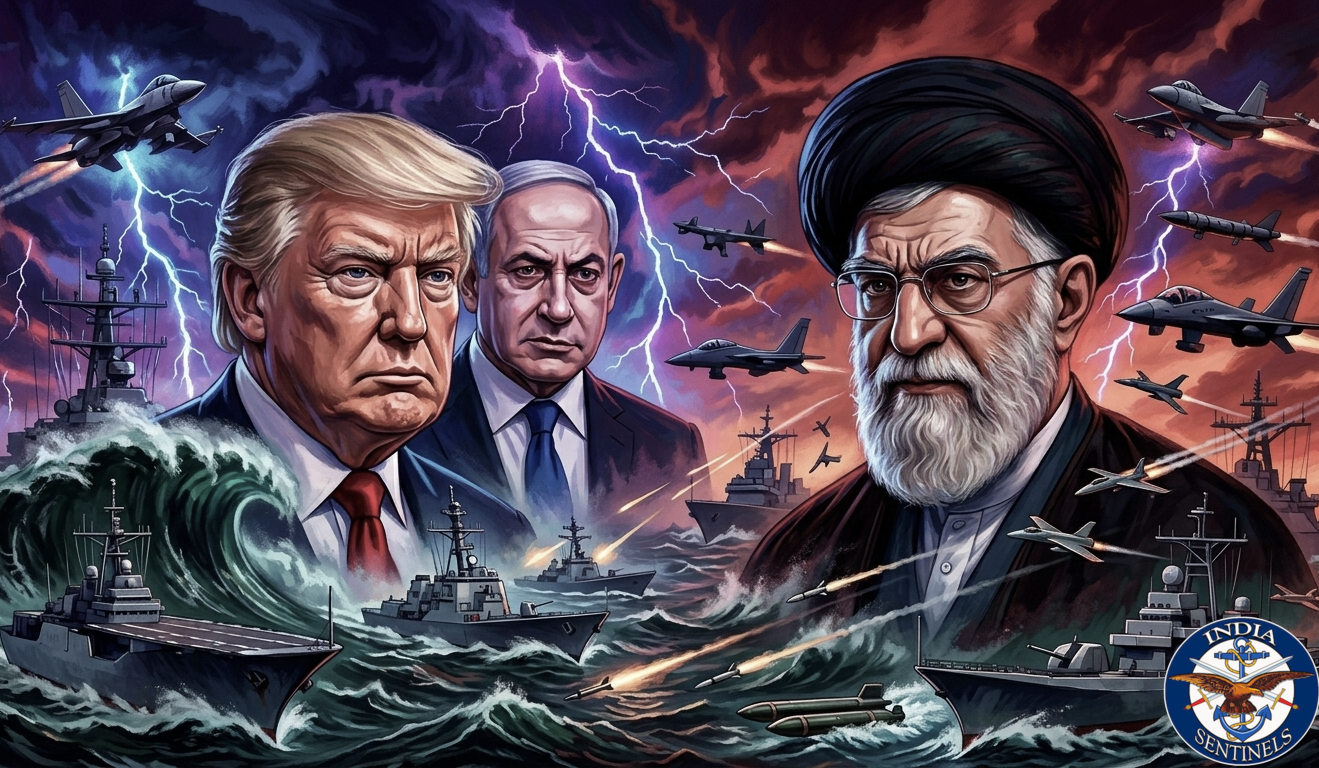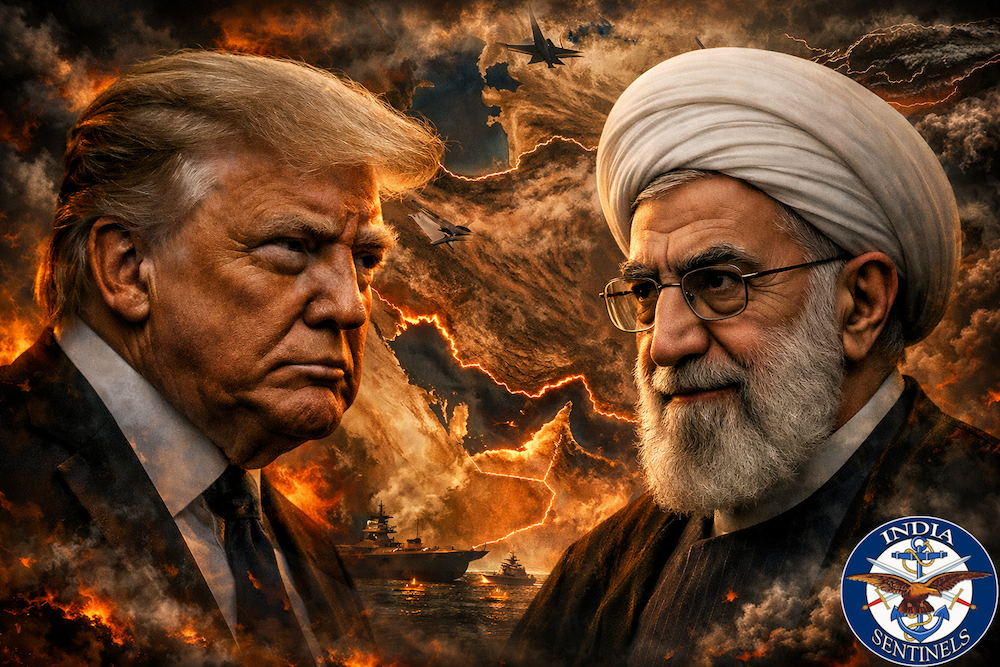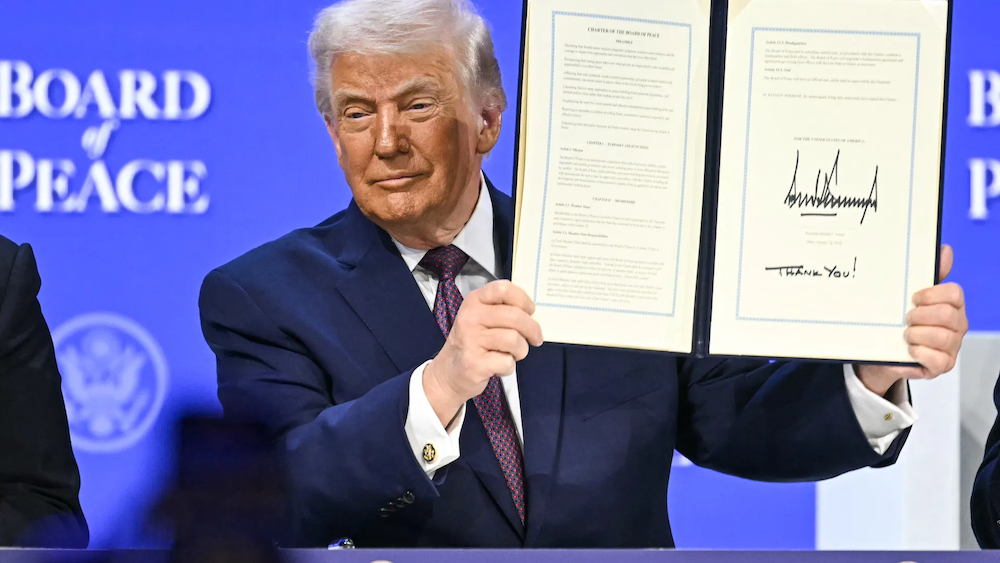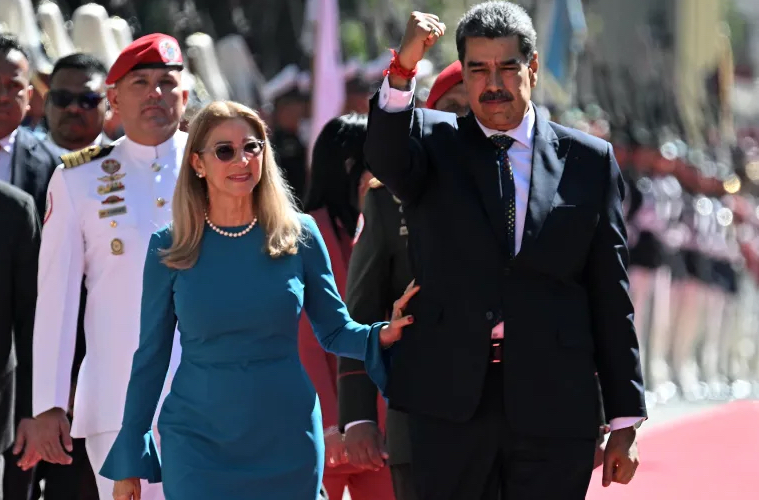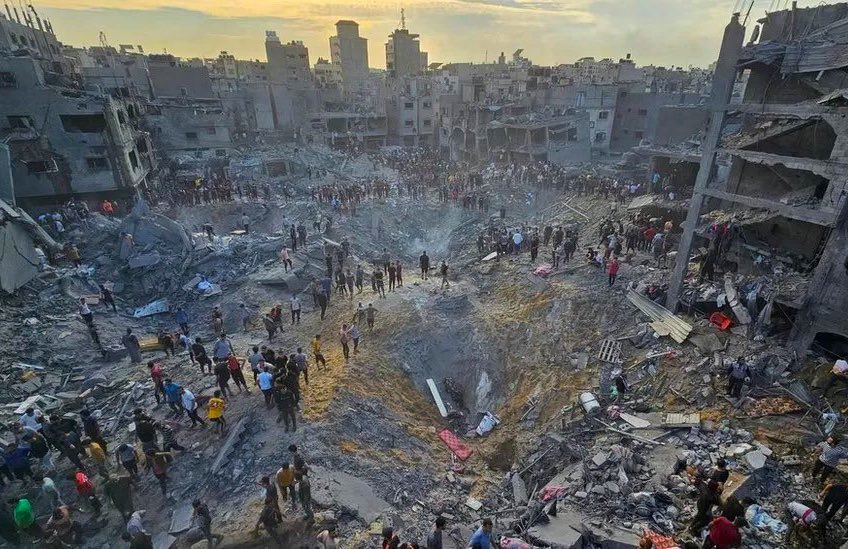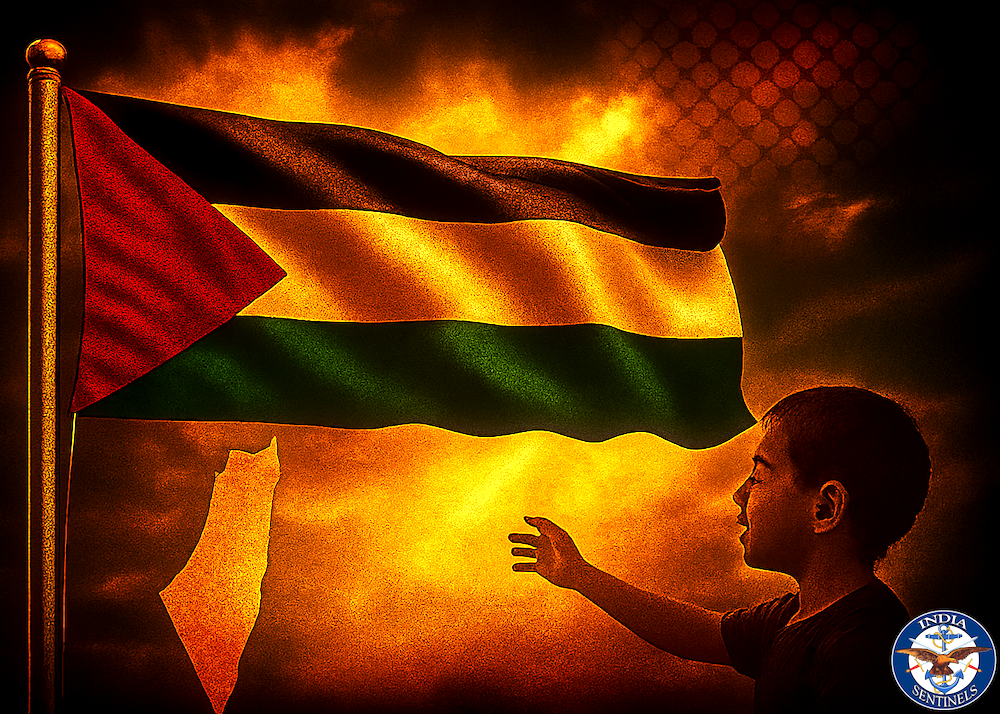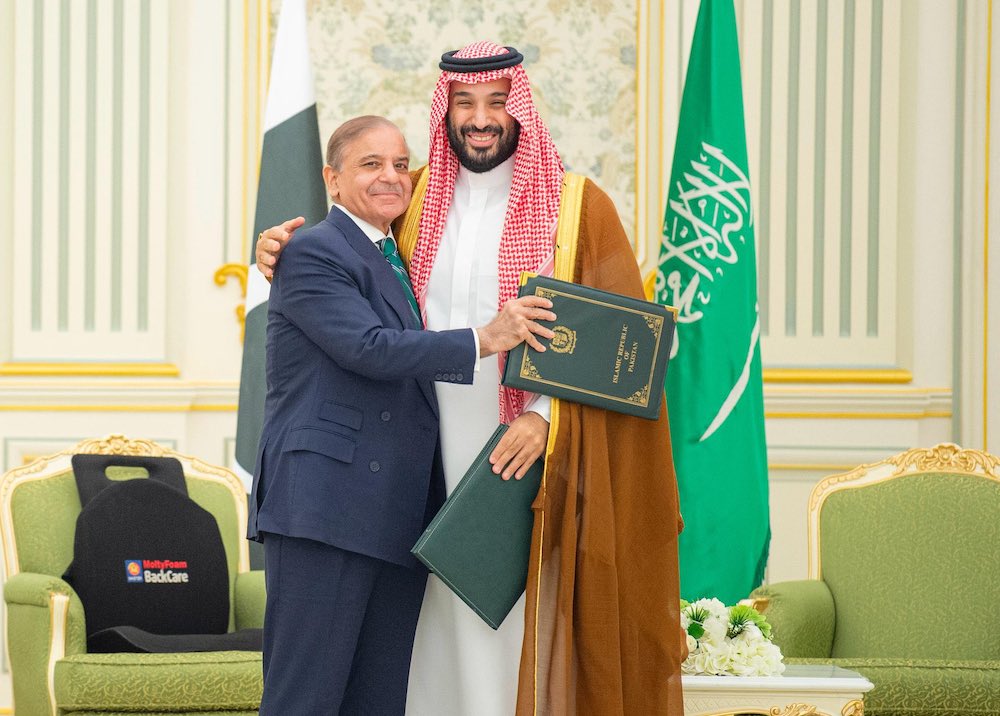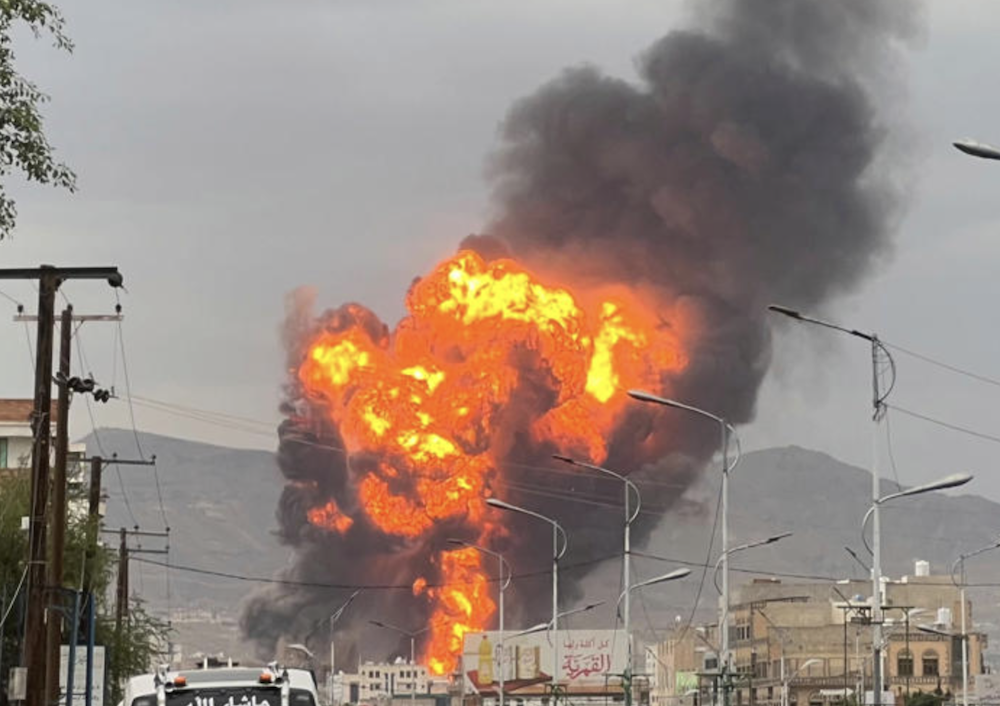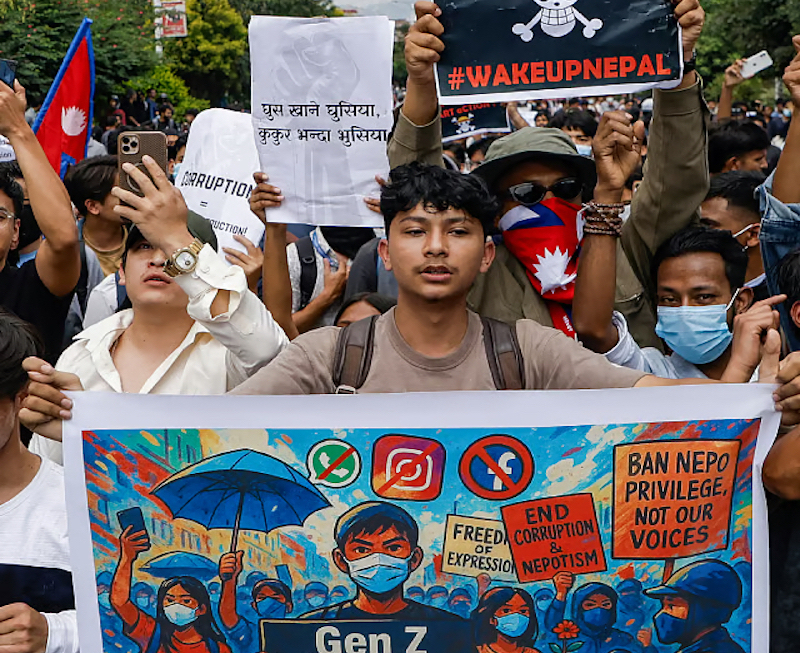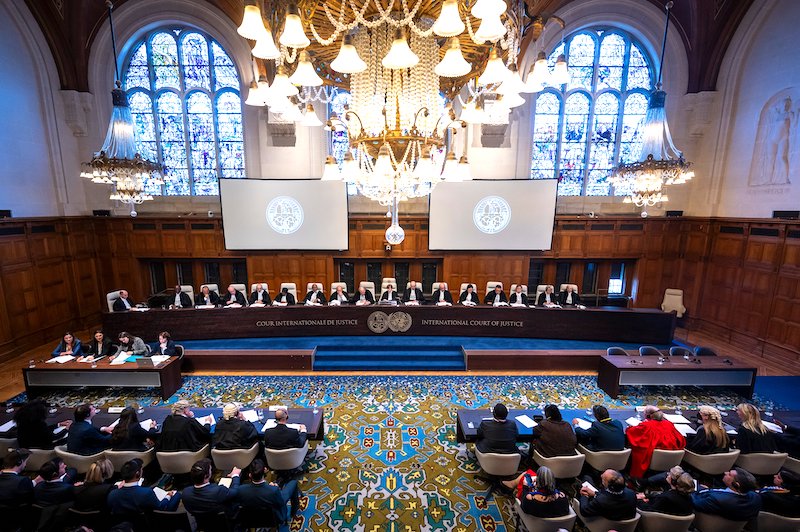 The ICJ judges during their interim ruling in the South Africa vs Israel Gaza “genocide” case. (Photo: X/@CIJ_ICJ)
The ICJ judges during their interim ruling in the South Africa vs Israel Gaza “genocide” case. (Photo: X/@CIJ_ICJ)
New Delhi: The International Court of Justice at The Hague delivered an interim ruling on South Africa’s request for an emergency order to stop Israel’s military action in the Gaza Strip. The ICJ ordered Israel to “take all measures” to prevent genocide in Gaza after South Africa accused Israel of violating international laws on genocide in its war in the territory.
However, the court did not rule on the core of the case brought by South Africa, that is, whether Israel is committing genocide in Gaza, as India Sentinels had reported earlier. The ICJ also stopped short of ordering a ceasefire in the besieged and pummelled Palestinian enclave, which has killed 26,000 Palestinian people, most of whom are children.
South Africa, in its case, argued that Israel’s Gaza campaign is aimed at the systematic destruction of a large segment of the Palestinian population by mass and indiscriminate killings of civilians, infliction of physical and mental harm, and imposition of living conditions that makes their survival in Gaza impossible.
South Africa was supported by Bangladesh, Bolivia, Brazil, Colombia, Cuba, Indonesia, Iran, Iraq, Jordan, Lebanon, Malaysia, Maldives, Morocco, Namibia, Nicaragua, Pakistan, Palestine, Saudi Arabia, Turkey, and Venezuela in this case. Apart from these individual countries, the Arab League and the Organization of Islamic Cooperation had also extended their support to South Africa.
It may be noted that only Uganda’s ICJ judge, Julia Sebutinde, was the only judge who voted against all of South Africa’s charges against Israel. Even Aharon Barak, who represented Israel in the ICJ bench, voted in favour of two of the six charges that South Africa labelled against Israel. Incidentally, Sebutinde is the first African woman judge in the ICJ.
Some key ICJ observations in this case are:
1. Israel ordered to “take all measures” to prevent genocide in Gaza.
2. It did not rule on the core of the case brought by South Africa, that is, whether Israel is committing genocide in Gaza.
3. It also stopped short of ordering a ceasefire.
READ HERE: summary of the #ICJ Order indicating provisional measures in the case concerning Application of the Convention on the Prevention and Punishment of the Crime of Genocide in the Gaza Strip (#SouthAfrica v. #Israel) https://t.co/1NW9Kp5YJG pic.twitter.com/fSa3HH8SoH
— CIJ_ICJ (@CIJ_ICJ) January 26, 2024
The ruling was welcomed by Israel, South Africa, and the Palestinians. However, it did not satisfy any of the parties involved. South Africa requested an immediate suspension of military operations “in and against” the Gaza Strip. It also called on Israel to refrain from impeding the delivery of humanitarian aid into the Palestinian enclave. Israel, on the other hand, rejected the filing, calling it “blood libel”.
It is the first time Israel is being tried under the United Nations Genocide Convention, which was drawn up after the World War II in light of the atrocities committed against Jews and other persecuted minorities during the Holocaust.
The ICJ is the UN’s highest court. Established in 1945, it deals with disputes between countries and provides advisory opinions. The court has 15 judges who are elected for nine-year terms by the UN general assembly and the UN security council. The current judges at the ICJ are from Australia, Brazil, China, France, Germany, India, Jamaica, Japan, Lebanon, Morocco, Russia, Slovakia, Somalia, Uganda, and the United States.
In this case, there were two additional judges in the bench representing the two sides – Israel and South Africa. Israel was represented by the country’s former supreme court president, Aharon Barak, and South Africa was represented by its deputy chief justice, Dikgang Moseneke.
Meanwhile, Indonesia has pulled Israel to the ICJ in a separate case regarding the Palestine issue. Jakarta’s case in The Hague charges Israel with “illegal occupation” of Palestinian land for over 70 years.
Editor’s note: India Sentinels publishes, from time to time, world news and op-eds, depending upon their gravity and impact on global security and diplomacy.
© India Sentinels 2023-24

